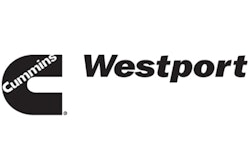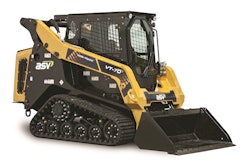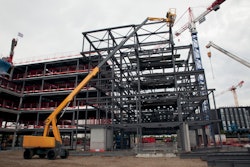Westport Fuel Systems Inc. (Westport Fuel Systems) commends the publication of a new study by West Virginia University scientists at the Center for Alternative Fuels, Engines and Emissions (CAFEE) quantifying methane emissions from heavy-duty natural gas-powered vehicles and refueling stations. CAFEE scientists collaborated on the study with the Environmental Defense Fund (EDF) and a group of global natural gas industry leaders including the American Gas Association, Chart Industries, Clean Energy, Cummins, Cummins Westport, International Council on Clean Transportation, PepsiCo, Shell, Volvo Group, Waste Management, and Westport Fuel Systems. The study was published online by the journal Environmental Science & Technology and the results greatly expand on the very limited data on methane emissions from natural gas vehicles.
“This study offers a critical baseline by which ongoing product and technology enhancements can be measured, as it represents the first significant effort to quantify actual in-use methane emissions from natural gas filling stations and heavy-duty vehicles,” says Karen Hamberg, Vice-President of Natural Gas Industry and Government Relations. “Natural gas-fueled vehicles are expected to play a greater role in future transportation to meet the global regulatory trend for more stringent greenhouse gas emission (GHG) reductions. The natural gas vehicle industry has already implemented technology solutions to dramatically minimize, or in some cases, eliminate the largest sources of methane emissions from vehicle tailpipe, crankcase ventilation, and dynamic venting that were identified in the study.
“We have seen global interest in Westport High Pressure Direct Injection 2.0 (Westport HPDI 2.0), a next generation natural gas technology that is optimal for heavy-duty vehicles. Westport HPDI 2.0 features further improvements to maximize the GHG benefits of natural gas, such as the capture of dynamic venting. It is the only natural gas engine technology that can achieve diesel engine efficiency within 1% with inherently low engine-out unburnt methane emissions.
“For the North American market, the newly launched ISL G Near Zero 8.9L and ISB6.7 G engines from Cummins Westport Inc., a joint venture with Cummins Inc., feature closed crankcase ventilation that significantly reduces engine-related methane emissions while also meeting California Air Resources Board (CARB) optional low NOx standards”, adds Hamberg.



















